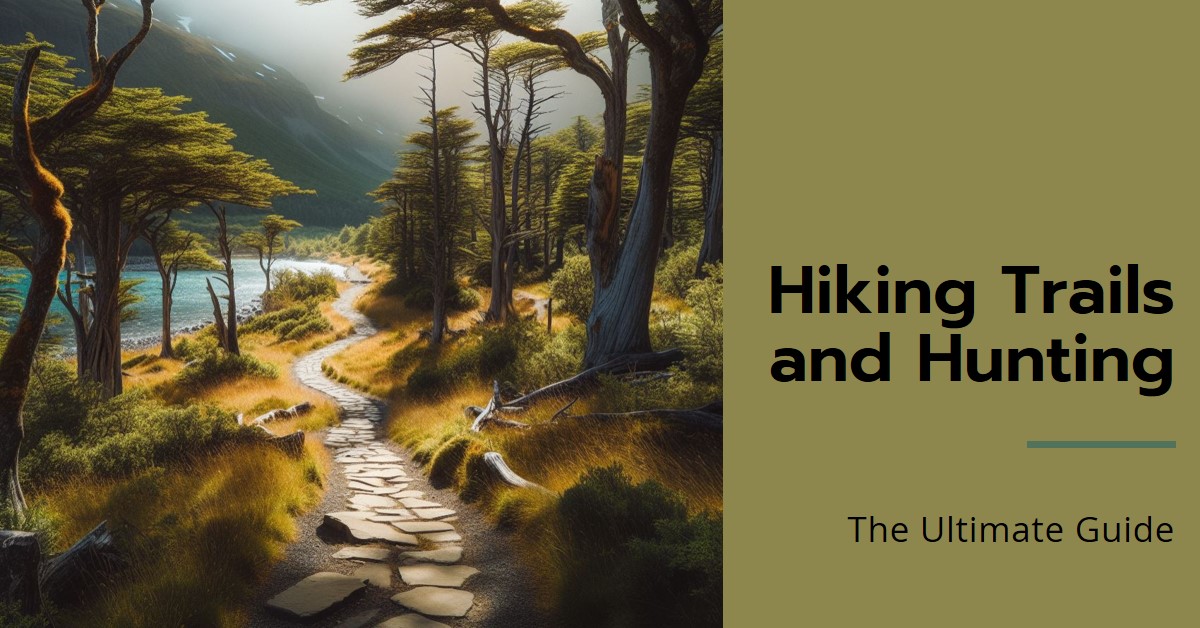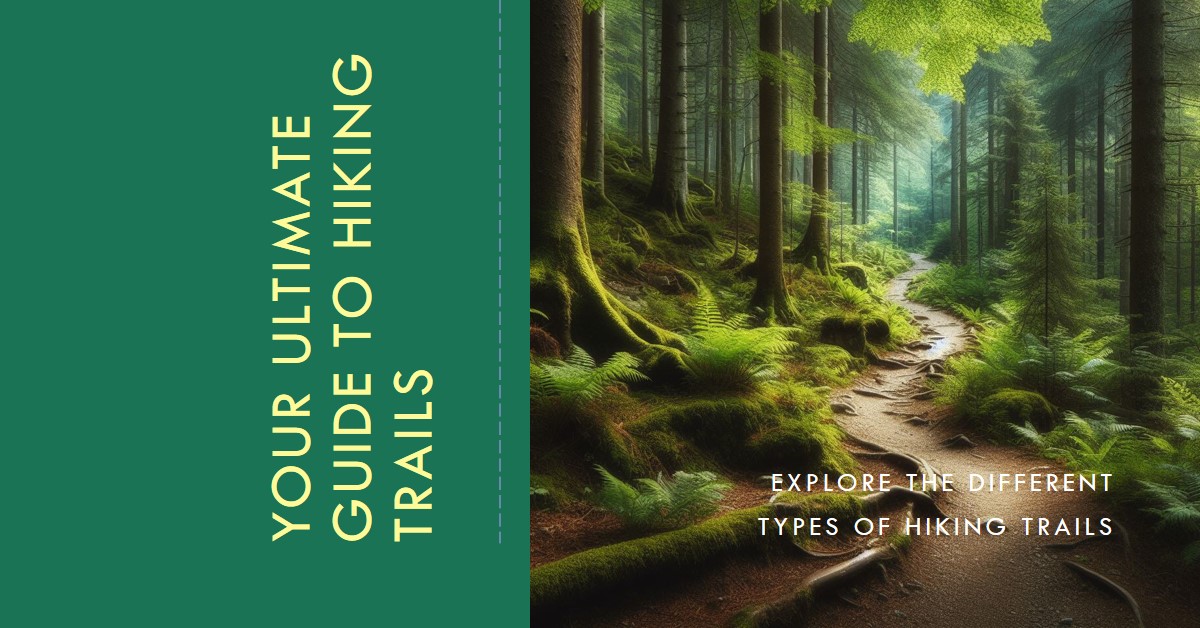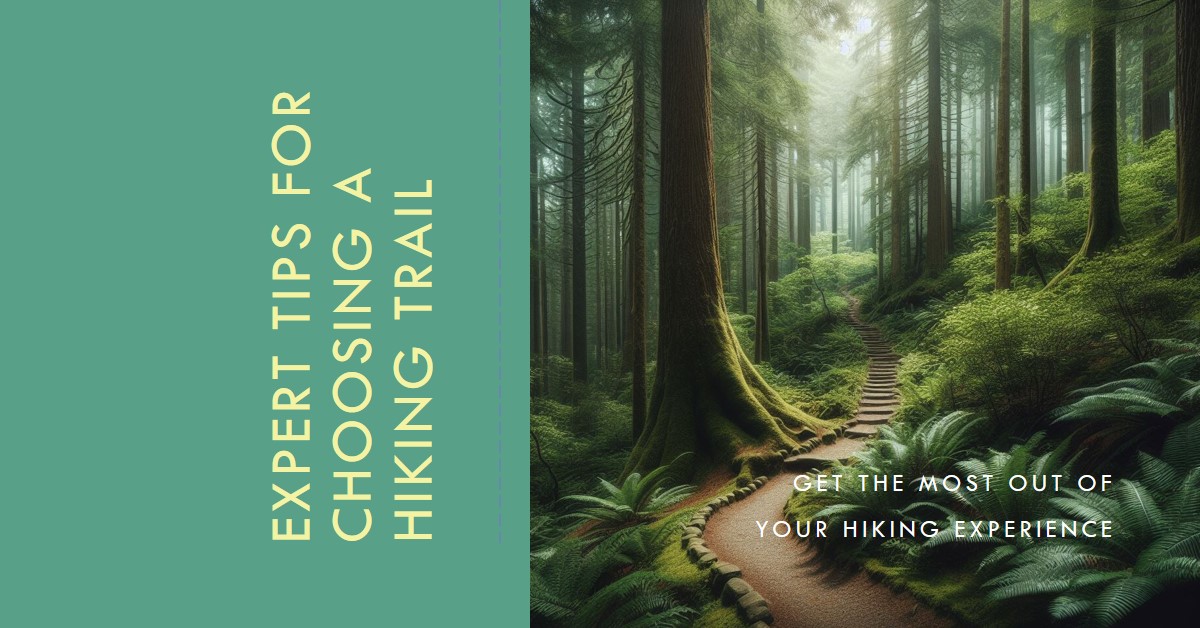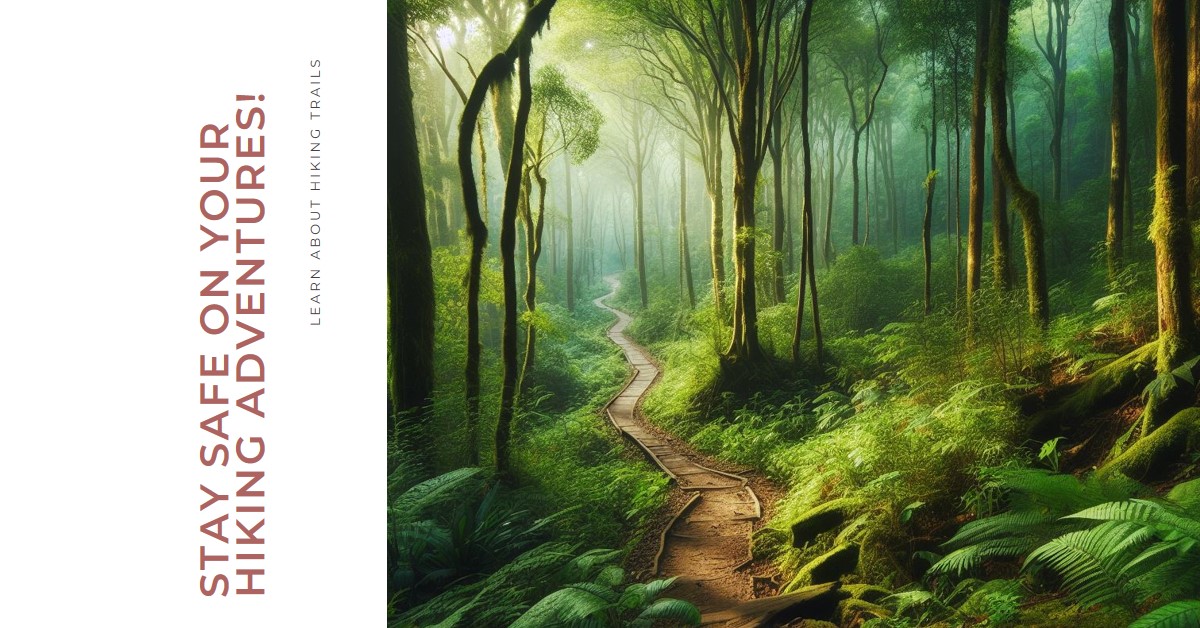Table of Contents
Q1. What makes camping not fun?
Camping can be uncomfortable due to the lack of basic amenities, such as electricity, running water, and proper sanitation. Additionally, dealing with the nuisances of insects, unpredictable weather conditions, and the possibility of encountering wildlife can quickly turn camping trips into arduous and unenjoyable experiences.
Q2. What are the health hazards of camping?
Camping may not be as enjoyable as it seems due to the health hazards involved. Bug bites and stings, from pesky insects, can lead to discomfort and potential allergies. Moreover, exposure to wildlife and poisonous plants carries the risk of injuries and toxic reactions. Maintaining hygiene and sanitation becomes challenging in outdoor settings, increasing the likelihood of contracting diseases.
Q3. What are the challenges of outdoor cooking?
Camping can bring about its fair share of challenges, and one of them is outdoor cooking. With limited food options available, it can be difficult to create a varied and satisfying menu. Additionally, the process of food preparation becomes more complicated without the conveniences of a fully equipped kitchen. Handling kitchen equipment in a camping environment can be cumbersome, as you have to navigate makeshift cooking spaces and deal with different outdoor elements.
Why Camping Is Not Fun: Uncover the Unexpected Miseries
Camping is often romanticized in movies and literature, but in reality, it can be far from the idyllic adventure it is cracked up to be. It often entails enduring uncomfortable sleeping arrangements, battling against the elements, and forfeiting the conveniences of modern living. While some individuals embrace the ruggedness and escapism that camping offers, for many others, camping means sacrificing their creature comforts. The absence of electricity, running water, and proper sanitation can quickly dampen the enthusiasm of even the most avid nature enthusiasts.
Furthermore, dealing with the nuisances of insects, unpredictable weather conditions, and the possibility of encountering wildlife can rapidly turn uninitiated camping trips into arduous and unenjoyable experiences. Considering these factors, it becomes understandable why camping is not always perceived as an appealing form of recreation.
The Discomforts Of Sleeping Outdoors
Camping can often be uncomfortable due to the less-than-ideal sleeping surfaces. Sleeping on uneven ground or in a cramped tent can lead to a lack of proper rest. Exposure to weather conditions is another challenge, as tents may not always provide adequate protection from rain, wind, or extreme temperatures. Moreover, camping usually means leaving behind the amenities and conveniences of modern life. Access to electricity, running water, and comfortable bedding are often limited or nonexistent. These factors can make camping a less enjoyable experience for those seeking comfort and convenience while away from home.
The Challenges Of Outdoor Cooking
Camping can bring about its fair share of challenges, and one of them is outdoor cooking. With limited food options available, it can be difficult to create a varied and satisfying menu. Additionally, the process of food preparation becomes more complicated without the conveniences of a fully equipped kitchen. Handling kitchen equipment in a camping environment can be cumbersome, as you have to navigate makeshift cooking spaces and deal with different outdoor elements. Despite these difficulties, many camping enthusiasts find ways to make outdoor cooking enjoyable and delicious. They embrace the challenge and appreciate the unique experience of preparing meals in nature.
Camping may not be everyone’s idea of fun, but for those willing to overcome the obstacles, the rewards can be worth it.
The Health Hazards Of Camping
Camping may not be as enjoyable as it seems due to the health hazards involved. Bug bites and stings, from pesky insects, can lead to discomfort and potential allergies. Moreover, exposure to wildlife and poisonous plants carries the risk of injuries and toxic reactions. Maintaining hygiene and sanitation becomes challenging in outdoor settings, increasing the likelihood of contracting diseases. It is important to be aware of these issues to fully enjoy the camping experience and stay safe.

Credit: www.theguardian.com
Frequently Asked Questions Of Why Camping Is Not Fun
Q1. What makes camping not fun?
Camping can be uncomfortable due to the lack of basic amenities, such as electricity, running water, and proper sanitation. Additionally, dealing with the nuisances of insects, unpredictable weather conditions, and the possibility of encountering wildlife can quickly turn camping trips into arduous and unenjoyable experiences.
Q2. What are the health hazards of camping?
Camping may not be as enjoyable as it seems due to the health hazards involved. Bug bites and stings, from pesky insects, can lead to discomfort and potential allergies. Moreover, exposure to wildlife and poisonous plants carries the risk of injuries and toxic reactions. Maintaining hygiene and sanitation becomes challenging in outdoor settings, increasing the likelihood of contracting diseases.
Q3. What are the challenges of outdoor cooking?
Camping can bring about its fair share of challenges, and one of them is outdoor cooking. With limited food options available, it can be difficult to create a varied and satisfying menu. Additionally, the process of food preparation becomes more complicated without the conveniences of a fully equipped kitchen. Handling kitchen equipment in a camping environment can be cumbersome, as you have to navigate makeshift cooking spaces and deal with different outdoor elements.
Camping can be a great way to get away from the hustle and bustle of everyday life and reconnect with nature. However, it is important to be aware of the potential challenges and health hazards that come with camping. By understanding the potential miseries of camping, you can be better prepared to make the most of your outdoor adventure.
} } , { “@type”: “Question”, “name”: “What are the 10 disadvantages of camping?”, “acceptedAnswer”: { “@type”: “Answer”, “text”: “Camping has 10 disadvantages: bad weather, bugs, lack of amenities, limited comfort, risk of injury, safety concerns, expense, lack of privacy, potential for wildlife encounters, and the need for proper equipment.” } } ]}Why Camping Is Not Fun: Uncover the Unexpected Miseries
Camping is a great way to get away from the hustle and bustle of everyday life and reconnect with nature. It can be a thrilling and rewarding experience, providing an opportunity to disconnect from the digital world and reconnect with nature. However, it is important to acknowledge that camping is not for everyone. While some may find solace in the simplicity and tranquility of nature, others may struggle with the lack of modern comforts and conveniences. It is essential to consider personal preferences, interests, and comfort levels when deciding whether or not camping is right for you. Before you embark on your camping adventure, it is important to be aware of the potential miseries that can come with it. Here are 10 unexpected miseries of camping that you should be aware of:1. Bad Weather
Bad weather can ruin a camping trip. Rain, wind, and extreme temperatures can make camping uncomfortable and even dangerous. It is important to check the weather forecast before you go camping and be prepared for any potential weather conditions.2. Bugs
Bugs are a common nuisance when camping. Mosquitoes, ants, and other insects can make camping uncomfortable and even dangerous. It is important to bring bug spray and other insect repellents to keep the bugs away.3. Lack of Amenities
Camping can be uncomfortable due to the lack of amenities. There is no running water, electricity, or other modern conveniences. This can make camping difficult for those who are used to the comforts of home.4. Limited Comfort
Camping can be uncomfortable due to the limited comfort. Sleeping on the ground, using a sleeping bag, and other camping gear can make camping uncomfortable. It is important to bring the right camping gear to ensure a comfortable camping experience.5. Risk of Injury
Camping can be dangerous due to the risk of injury. Hiking, climbing, and other outdoor activities can lead to injuries if proper safety precautions are not taken. It is important to be aware of the potential risks and take the necessary safety measures.6. Safety Concerns
Camping can be dangerous due to the potential safety concerns. Wild animals, poisonous plants, and other hazards can make camping dangerous. It is important to be aware of the potential risks and take the necessary safety measures.7. Expense
Camping can be expensive due to the cost of camping gear and other supplies. It is important to plan ahead and budget for the cost of camping.8. Lack of Privacy
Camping can be uncomfortable due to the lack of privacy. Campsites can be crowded and noisy, making it difficult to find a quiet place to relax.9. Potential for Wildlife Encounters
Camping can be dangerous due to the potential for wildlife encounters. Wild animals can be unpredictable and dangerous. It is important to be aware of the potential risks and take the necessary safety measures.10. Need for Proper Equipment
Camping can be difficult due to the need for proper equipment. It is important to bring the right camping gear to ensure a safe and comfortable camping experience.Conclusion
Camping can be both a thrilling and rewarding experience, providing an opportunity to disconnect from the digital world and reconnect with nature. However, it is important to acknowledge that camping is not for everyone. While some may find solace in the simplicity and tranquility of nature, others may struggle with the lack of modern comforts and conveniences. It is essential to consider personal preferences, interests, and comfort levels when deciding whether or not camping is right for you. Remember, there are plenty of other ways to enjoy the outdoors and spend quality time with loved ones. From day trips to picnics in the park, exploring local trails to glamping, there are options to suit everyone’s tastes. Embrace the outdoors in a way that aligns with your own interests, and remember that the most important thing is creating cherished memories and finding joy in every adventure.Why Camping Is Not Fun: Uncover the Unexpected Miseries
Camping is a great way to get away from the hustle and bustle of everyday life and enjoy the great outdoors. But it can also be a source of unexpected miseries. From bad weather to bugs, camping can be a challenge. Here are 10 reasons why camping is not always fun.
1. Bad Weather
One of the biggest drawbacks of camping is the unpredictable weather. Even if you plan your trip for the summer months, you can still be hit with rain, wind, and cold temperatures. This can make camping uncomfortable and even dangerous. You may also find yourself dealing with mud, flooding, and other weather-related issues.
2. Bugs
Bugs are a common problem when camping. Mosquitoes, ticks, and other insects can make your camping trip miserable. Not only can they be annoying, but they can also carry diseases. To protect yourself, you should wear insect repellent and long sleeves and pants when you’re outdoors.
3. Lack of Amenities
When you’re camping, you’re usually in a remote area with limited amenities. This means you won’t have access to things like running water, electricity, and Wi-Fi. You’ll also have to bring your own food and supplies. This can be inconvenient and uncomfortable, especially if you’re used to having these amenities at home.
4. Limited Comfort
Camping can be uncomfortable. You’ll be sleeping on the ground in a tent or sleeping bag, which can be uncomfortable and cold. You may also have to deal with the noise of other campers, animals, and the elements. This can make it difficult to get a good night’s sleep.
5. Risk of Injury
Camping can be dangerous. You may be exposed to wild animals, poisonous plants, and other hazards. You may also be at risk of slipping, falling, or getting lost. To stay safe, you should always be aware of your surroundings and take the necessary precautions.
6. Safety Concerns
When you’re camping, you’re usually in a remote area with limited access to help. This means you may not be able to get help if you get injured or lost. You should always let someone know where you’re going and when you’ll be back. You should also bring a first aid kit and a cell phone in case of an emergency.
7. Expense
Camping can be expensive. You’ll need to buy or rent camping gear, such as a tent, sleeping bag, and cooking supplies. You’ll also need to buy food and other supplies. If you’re camping in a national park, you may also have to pay a fee.
8. Lack of Privacy
When you’re camping, you’re usually in a public area with other campers. This means you won’t have much privacy. You may also have to deal with loud noises from other campers, such as music and conversations. If you’re looking for a quiet and peaceful camping experience, you may want to consider camping in a more remote area.
9. Potential for Wildlife Encounters
When you’re camping, you may come across wild animals. This can be exciting, but it can also be dangerous. You should always be aware of your surroundings and take the necessary precautions to stay safe. You should also be aware of the local wildlife and know what to do if you encounter an animal.
10. Need for Proper Equipment
Camping requires the right equipment. You’ll need a tent, sleeping bag, cooking supplies, and other items. You should also bring the right clothing and footwear for the weather. If you don’t have the right equipment, your camping trip can be uncomfortable and even dangerous.
Conclusion
Camping can be a great way to get away from it all and enjoy the great outdoors. But it can also be a source of unexpected miseries. From bad weather to bugs, camping can be a challenge. To make sure your camping trip is a success, you should be aware of the potential drawbacks and take the necessary precautions.
Camping can be a fun and rewarding experience, but it’s important to be aware of the potential drawbacks. From bad weather to bugs, camping can be a challenge. To make sure your camping trip is a success, you should be aware of the potential drawbacks and take the necessary precautions.
From bad weather to bugs, camping can be a challenge. But with the right preparation and knowledge, you can make sure your camping trip is a success. Be aware of the potential drawbacks and take the necessary precautions to ensure a safe and enjoyable experience.
Camping can be a great way to get away from it all and enjoy the great outdoors. But it can also be a source of unexpected miseries. To make sure your camping trip is a success, you should be aware of the potential drawbacks and take the necessary precautions. With the right preparation and knowledge, you can make sure your camping trip is a fun and rewarding experience.
Why Camping Is Not Fun: Uncover the Unexpected Miseries
Camping is a great way to get away from the hustle and bustle of everyday life and enjoy the great outdoors. But it can also be a source of unexpected miseries. From bad weather to bugs, camping can be a challenge. Here are 10 reasons why camping is not always fun.
The 10 Disadvantages of Camping
Camping has 10 disadvantages: bad weather, bugs, lack of amenities, limited comfort, risk of injury, safety concerns, expense, lack of privacy, potential for wildlife encounters, and the need for proper equipment.
1. Bad Weather
One of the biggest drawbacks of camping is the unpredictable weather. Even if you plan your trip for the summer months, you can still be hit with rain, wind, and cold temperatures. This can make camping uncomfortable and even dangerous. You may also find yourself dealing with mud, flooding, and other weather-related issues.
2. Bugs
Bugs are a common problem when camping. Mosquitoes, ticks, and other insects can make your camping trip miserable. Not only can they be annoying, but they can also carry diseases. To protect yourself, you should wear insect repellent and long sleeves and pants when you’re outdoors.
3. Lack of Amenities
When you’re camping, you’re usually in a remote area with limited amenities. This means you won’t have access to things like running water, electricity, and Wi-Fi. You’ll also have to bring your own food and supplies. This can be inconvenient and uncomfortable, especially if you’re used to having these amenities at home.
4. Limited Comfort
Camping can be uncomfortable. You’ll be sleeping on the ground in a tent or sleeping bag, which can be uncomfortable and cold. You may also have to deal with the noise of other campers, animals, and the elements. This can make it difficult to get a good night’s sleep.
5. Risk of Injury
Camping can be dangerous. You may be exposed to wild animals, poisonous plants, and other hazards. You may also be at risk of slipping, falling, or getting lost. To stay safe, you should always be aware of your surroundings and take the necessary precautions.
6. Safety Concerns
When you’re camping, you’re usually in a remote area with limited access to help. This means you may not be able to get help if you get injured or lost. You should always let someone know where you’re going and when you’ll be back. You should also bring a first aid kit and a cell phone in case of an emergency.
7. Expense
Camping can be expensive. You’ll need to buy or rent camping gear, such as a tent, sleeping bag, and cooking supplies. You’ll also need to buy food and other supplies. If you’re camping in a national park, you may also have to pay a fee.
8. Lack of Privacy
When you’re camping, you’re usually in a public area with other campers. This means you won’t have much privacy. You may also have to deal with loud noises from other campers, such as music and conversations. If you’re looking for a quiet and peaceful camping experience, you may want to consider camping in a more remote area.
9. Potential for Wildlife Encounters
When you’re camping, you may come across wild animals. This can be exciting, but it can also be dangerous. You should always be aware of your surroundings and take the necessary precautions to stay safe. You should also be aware of the local wildlife and know what to do if you encounter an animal.
10. Need for Proper Equipment
Camping requires the right equipment. You’ll need a tent, sleeping bag, cooking supplies, and other items. You should also bring the right clothing and footwear for the weather. If you don’t have the right equipment, your camping trip can be uncomfortable and even dangerous.
Conclusion
Camping can be a great way to get away from it all and enjoy the great outdoors. But it can also be a source of unexpected miseries. From bad weather to bugs, camping can be a challenge. To make sure your camping trip is a success, you should be aware of the potential drawbacks and take the necessary precautions.
Camping can be a fun and rewarding experience, but it’s important to be aware of the potential drawbacks. From bad weather to bugs, camping can be a challenge. To make sure your camping trip is a success, you should be aware of the potential drawbacks and take the necessary precautions to ensure a safe and enjoyable experience.
From bad weather to bugs, camping can be a challenge. But with the right preparation and knowledge, you can make sure your camping trip is a success. Be aware of the potential drawbacks and take the necessary precautions to ensure a safe and enjoyable experience.
Camping can be a great way to get away from it all and enjoy the great outdoors. But it can also be a source of unexpected miseries. To make sure your camping trip is a success, you should be aware of the potential drawbacks and take the necessary precautions. With the right preparation and knowledge, you can make sure your camping trip is a fun and rewarding experience.
Tips for a Successful Camping Trip
To make sure your camping trip is a success, there are a few things you should keep in mind. Here are some tips for a successful camping














